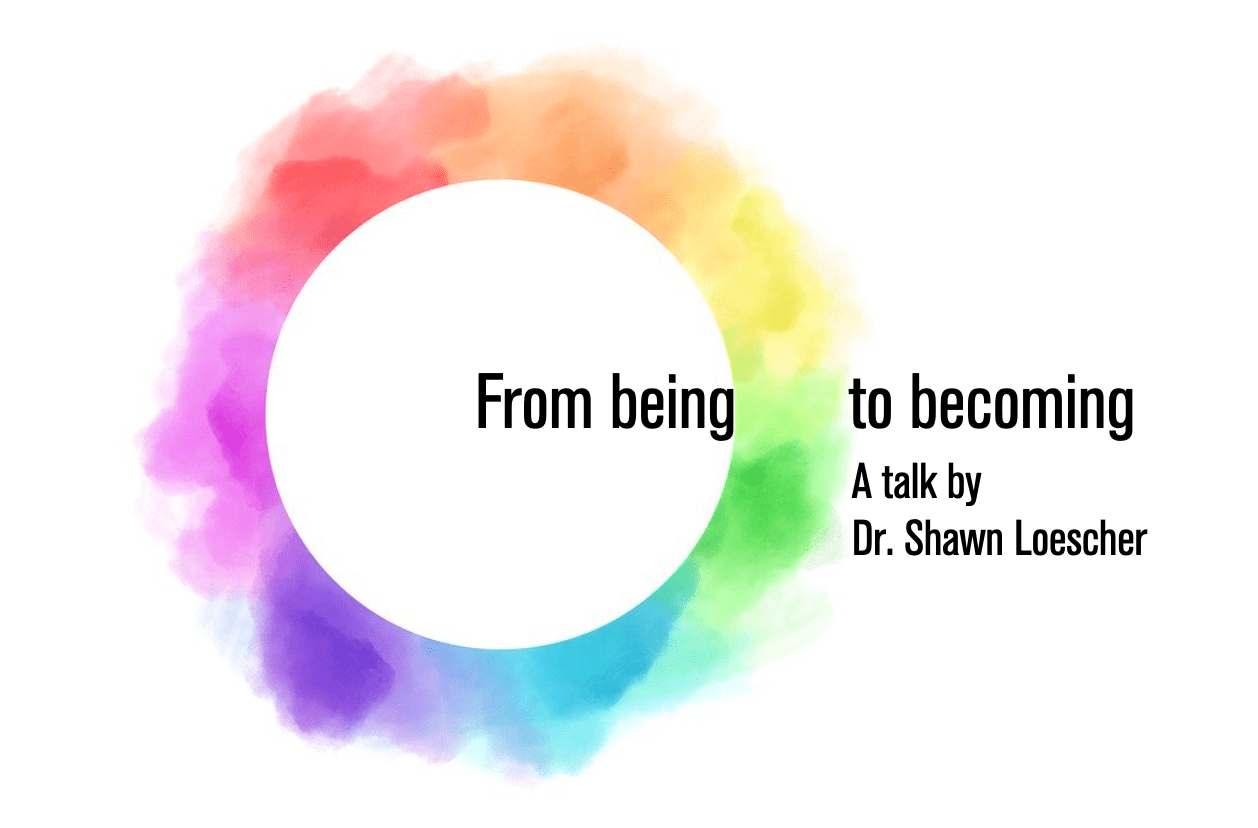People have often argued that digital technologies change the role of teachers from (as it is commonly described) a “sage on the stage” to a “guide on the side.” Personally, I have my doubts about this, complicated somewhat by my recent experiences with GPS technologies.
My doubts about this idea of technologies changing the role of the teacher has featured in my writing in the past. In fact Matt Koehler’s and my work around the TPACK framework has largely been about the critical role that teachers play in mediating between the possibilities inherent in technology and the practiced curriculum. Technology, we have argued, has great potential but students left on their own do not (or cannot) exploit these potentials to their full.
My recent experience with GPS systems has indicated to me another aspect of this. Using the GPS system (as I have been doing for the past few months, and which has led to a couple of earlier blog postings, here and here) has made me rethink the role of technology.
In brief, I have come to the conclusion that technology can in certain aspects be an extremely effective guide on the side but, and this is a very important but, there is little learning that occurs through this.
So it is the technology (not the teacher) that becomes a “guide on the side” – though in that process it fails drastically as a teacher.
My GPS system has a great personality (though its gender is still up in the air, as I had written about previously here). It is knowledgeable, patient, and most important forgiving of all my mistakes. All great characteristics of a good teacher.
But here is the problem. Despite all these wonderful attributes, my GPS system has made me, in some critical ways, stupider. I have become completely dependent on it to get me from point A to B, so much so that, without it I am almost completely helpless! Earlier (in my pre-GPS days) I would pay attention to where I was going, which exits I was taking, which streets connected with which and so on. As I drove I paid attention, and I learned. Now in my post-GPS mode, I am a zombie, blindly following and trusting whatever my GPS system says, paying little, if any attention to the roads and cross-streets. A classic example of distributed cognition, but problematic if I happen to leave it home one day, or it runs out of batteries at some crucial moment.
So yes, this little device has become my “guide on the side,” and it performs that role exceedingly well. What it hasn’t become is an educational technology – a tool that helps me learn.
This of course leads to the critical question, what is an educational technology? And how can a GPS device become one (if at all)?


Great write up – five stars. I bookmarked this page.